The Evolution and Impact of AI-Driven IC Chips in Modern Technology
Introduction
The integrated circuit (IC) chip industry is at the forefront of technological innovation, with artificial intelligence (AI) driving much of this progress. AI-driven IC chips are becoming indispensable in modern technology, enhancing the functionality and performance of a wide range of devices. This article delves into the evolution, impact, and future prospects of AI-driven IC chips.
Evolution of AI-Driven IC Chips
The journey of AI-driven IC chips began with the integration of basic AI functionalities into existing IC designs. Early implementations focused on improving data processing and algorithmic efficiency. As AI technologies matured, the need for specialized hardware grew, leading to the development of chips specifically designed for AI applications. These chips, known as AI accelerators, include GPUs, TPUs, and neuromorphic chips, each tailored for specific AI tasks.
Key Technologies
Machine Learning Algorithms: Modern AI-driven IC chips are designed to handle complex machine learning algorithms. These chips are optimized for tasks such as image recognition, natural language processing, and predictive analytics.
Neuromorphic Computing: Inspired by the human brain, neuromorphic chips aim to mimic neural networks' structure and function. These chips excel in parallel processing and energy efficiency, making them ideal for real-time AI applications.
Edge AI: With the proliferation of IoT devices, there is a growing demand for AI processing at the edge of the network. Edge AI chips are designed to perform AI computations locally, reducing latency and bandwidth usage.
Applications and Impact
AI-driven IC chips have a broad range of applications, transforming various industries:
Consumer Electronics: Smartphones, smart speakers, and home automation systems now incorporate AI-driven IC chips to provide personalized user experiences and improve device performance.
Automotive: In autonomous vehicles, AI chips process vast amounts of data from sensors to make real-time driving decisions, enhancing safety and efficiency.
Healthcare: AI-driven IC chips are used in medical devices for diagnostics, patient monitoring, and personalized treatment plans, leading to better healthcare outcomes.
Industry and Manufacturing: AI chips enable predictive maintenance, quality control, and automation in manufacturing processes, increasing productivity and reducing downtime.
Challenges and Future Prospects
Despite their potential, AI-driven IC chips face several challenges:
Power Consumption: High-performance AI computations require significant power, posing a challenge for energy-efficient design.
Scalability: As AI models become more complex, scaling chip architectures to meet computational demands is crucial.
Security: Protecting AI chips from cyber threats and ensuring data privacy is a top priority.
Looking ahead, the future of AI-driven IC chips is promising. Advances in materials science, quantum computing, and AI algorithms will drive the next wave of innovation. The industry is likely to see more integration of AI capabilities into everyday devices, further blurring the line between hardware and software.
Conclusion
AI-driven IC chips represent a significant leap forward in technology, enabling smarter and more efficient devices across various sectors. As AI continues to evolve, so too will the IC chips that power it, paving the way for a future where intelligent technology is seamlessly integrated into our daily lives.

















